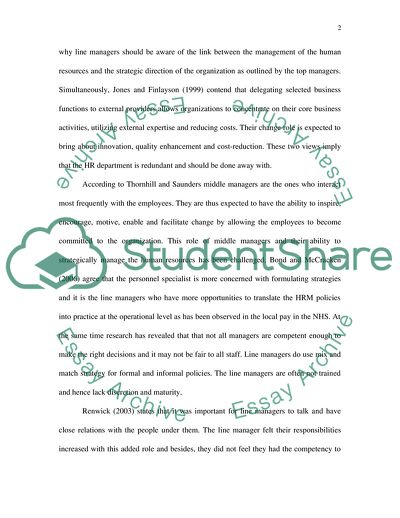Cite this document
(Human Resources Department: Should It Be Blown Up Term Paper - 11, n.d.)
Human Resources Department: Should It Be Blown Up Term Paper - 11. https://studentshare.org/human-resources/1706173-human-resource-management
Human Resources Department: Should It Be Blown Up Term Paper - 11. https://studentshare.org/human-resources/1706173-human-resource-management
(Human Resources Department: Should It Be Blown Up Term Paper - 11)
Human Resources Department: Should It Be Blown Up Term Paper - 11. https://studentshare.org/human-resources/1706173-human-resource-management.
Human Resources Department: Should It Be Blown Up Term Paper - 11. https://studentshare.org/human-resources/1706173-human-resource-management.
“Human Resources Department: Should It Be Blown Up Term Paper - 11”. https://studentshare.org/human-resources/1706173-human-resource-management.


